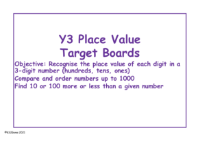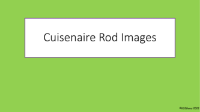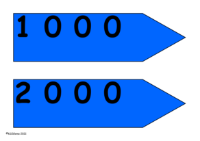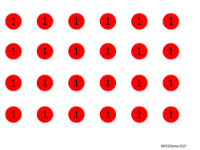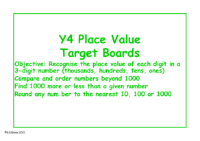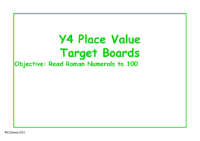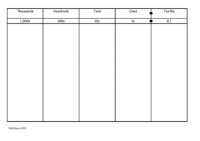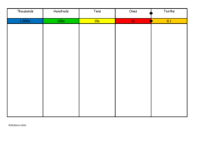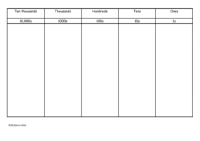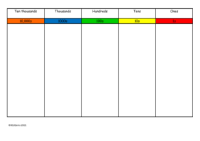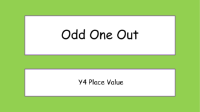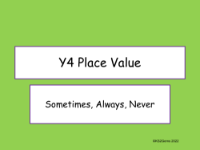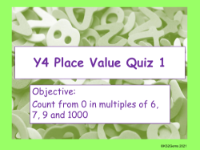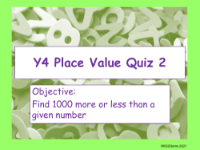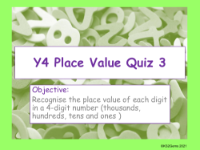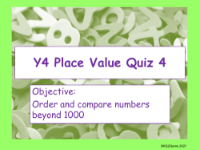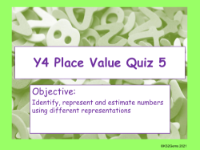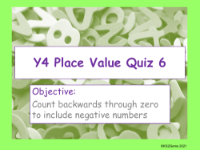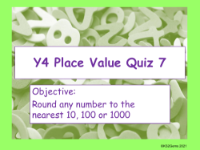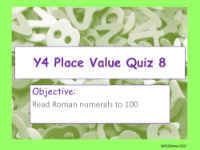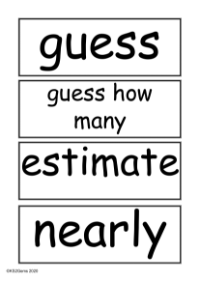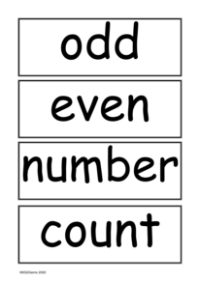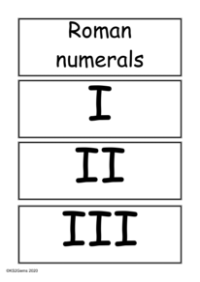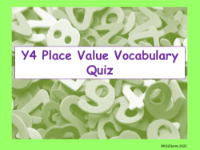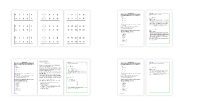Vocabulary - Place Value
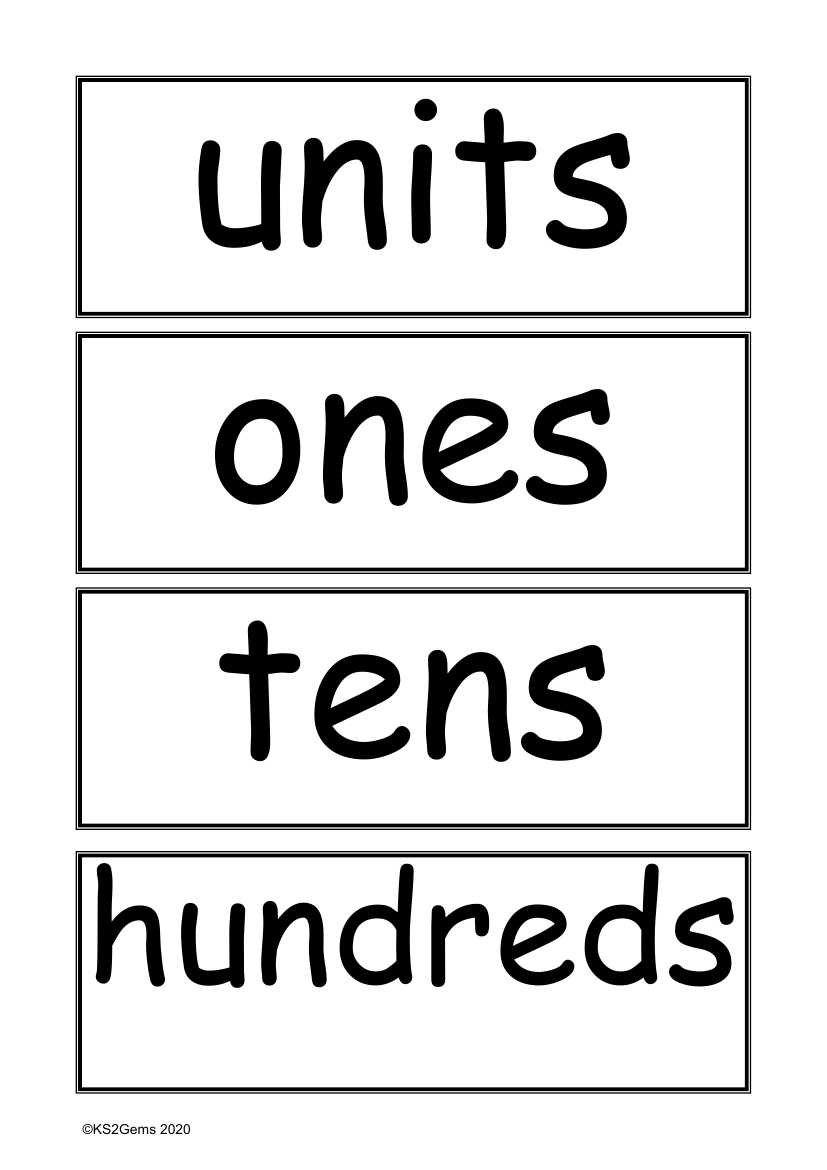
Maths Resource Description
The vocabulary set provided is a comprehensive list of terms related to the concept of place value, a fundamental aspect of mathematics taught in Key Stage 2. The terms 'units', 'ones', 'tens', and 'hundreds' refer to the different positions a digit can occupy in a number, each position increasing in value by a factor of ten as you move left. 'Digit' is a single numerical symbol, such as 0-9, and when combined, they form 'one digit', 'two digit', or 'three digit' numbers, indicating the number of digits in a given number. 'Teens' number is a specific term for numbers ranging from 13 to 19, where the 'ones' place value is combined with ten.
Additional vocabulary such as 'place value' signifies the value of the position that a digit holds within a number. Words like 'stands for' and 'represents' are used to describe what a particular digit means in the context of its place value. Terms like 'exchange', 'the same number as', 'as many as', 'equal to', 'greater', 'more', 'larger', 'bigger', 'less', 'fewer', 'greatest', 'most', 'largest', 'biggest', 'least', 'lowest', 'smallest', 'one more', 'ten more', 'one hundred more', 'one less', 'ten less', 'one hundred less' all relate to comparing and quantifying numbers. The vocabulary set also includes ordinal numbers from 'first' to 'tenth', terms for positioning like 'before', 'after', 'next', 'between', and extends to larger numbers such as 'thousand', 'thousands', 'ten thousand', 'hundred thousand', and 'million'. Finally, it includes mathematical operations and concepts such as 'round', 'integer', 'positive', 'negative', 'minus', 'partitioning', 'decimal', 'decimal fraction', 'decimal point', 'cardinal number', 'ordinal number', 'place holder', 'consecutive', and 'inequality'—all crucial for a solid understanding of numbers and their values.
